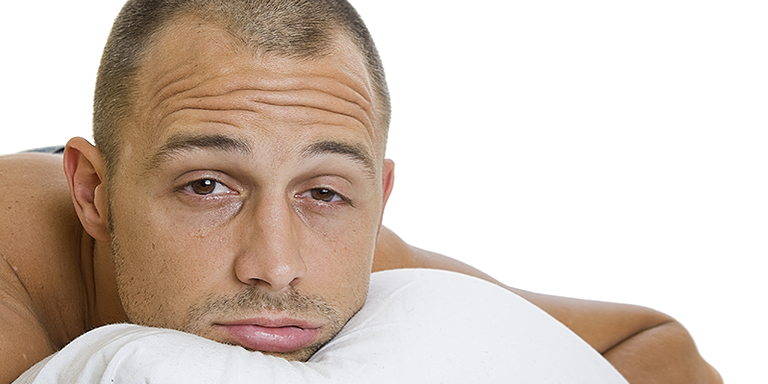Lying Awake At Night? You May Have Insomnia
Insomnia means you regularly have problems sleeping. It usually gets better by changing your sleeping habits.
Check if you have insomnia
You have insomnia if you regularly:
- find it hard to go to sleep
- wake up several times during the night
- lie awake at night
- wake up early and can’t go back to sleep
- still feel tired after waking up
- find it hard to nap during the day even though you’re tired
- feel tired and irritable during the day
- find it difficult to concentrate during the day because you’re tired
You can have these symptoms for months, sometimes years
How much sleep you need
Everyone needs different amounts of sleep. On average we need:
- adults – 7 to 9 hours
- children – 9 to 13 hours
- toddlers and babies – 12 to 17 hours
You probably don’t get enough sleep if you’re constantly tired during the day.
What causes insomnia
The most common causes are:
- stress, anxiety or depression
- noise
- a room that’s too hot or cold
- uncomfortable beds
- alcohol, caffeine or nicotine
- recreational drugs like cocaine or ecstasy
- jet lag
- shift work
How you can treat insomnia yourself
Insomnia usually gets better by changing your sleeping habits.
Do
- go to bed and wake up at the same time every day – only go to bed when you feel tired
- relax at least 1 hour before bed – for example, take a bath or read a book
- make sure your bedroom is dark and quiet – use thick curtains, blinds, an eye mask or ear plugs
- exercise regularly during the day
- make sure your mattress, pillows and covers are comfortable
Don’t
- do not smoke, or drink alcohol, tea or coffee at least 6 hours before going to bed
- do not eat a big meal late at night
- do not exercise at least 4 hours before bed
- do not watch television or use devices right before going to bed – the bright light makes you more awake
- do not nap during the day
- do not drive when you feel sleepy
- do not sleep in after a bad night’s sleep – stick to your regular sleeping hours instead
How a pharmacist can help with insomnia
You can get sleeping aids from a pharmacy. However, they won’t get rid of your insomnia and they have many side effects.
Sleeping aids can often make you drowsy the next day. You might find it hard to get things done.
You shouldn’t drive the day after taking them.
See a family physician if:
- changing your sleeping habits hasn’t worked
- you’ve had trouble sleeping for months
- your insomnia is affecting your daily life in a way that makes it hard for you to cope
Treatment from a family physician
Your family physician will try to find out what’s causing your insomnia so you get the right treatment.
Sometimes you will be referred to a therapist for cognitive behavioural therapy. This can help you change the thoughts and behaviours that keep you from sleeping.
Family physicians now rarely prescribe sleeping pills to treat insomnia. Sleeping pills can have serious side effects and you can become dependent on them.
Sleeping pills are only prescribed for a few days, or weeks at the most, if:
- your insomnia is very bad
- other treatments haven’t worked
Learn More
For more information about energy, fatigue, and sleep, the following resources may be helpful.
- Canadian Sleep Society. https://css-scs.ca/
- National Sleep Foundation: https://www.sleepfoundation.org/
- Sleep Apnea. Government of Canada. https://www.canada.ca/en/public-health/services/chronic-diseases/sleep-apnea.html
- Resources and prevention strategies to manage Fatigue in the workplace. Public Services Health and Safety Association. https://www.pshsa.ca/fatigue/
- Fatigue Answer Sheet. Canadian Occupational Centre for Occupational Health and Safety. https://www.ccohs.ca/oshanswers/psychosocial/fatigue.html
Note: The
contents on Avail such as text, graphics, images, and information is not
intended to be a substitute for professional medical advice, diagnosis, or
treatment. Always seek the advice of your physician or other qualified health
provider with any questions you may have regarding a medical condition. Never
disregard professional medical advice or delay in seeking it because of
something you have read on this or any other website.













